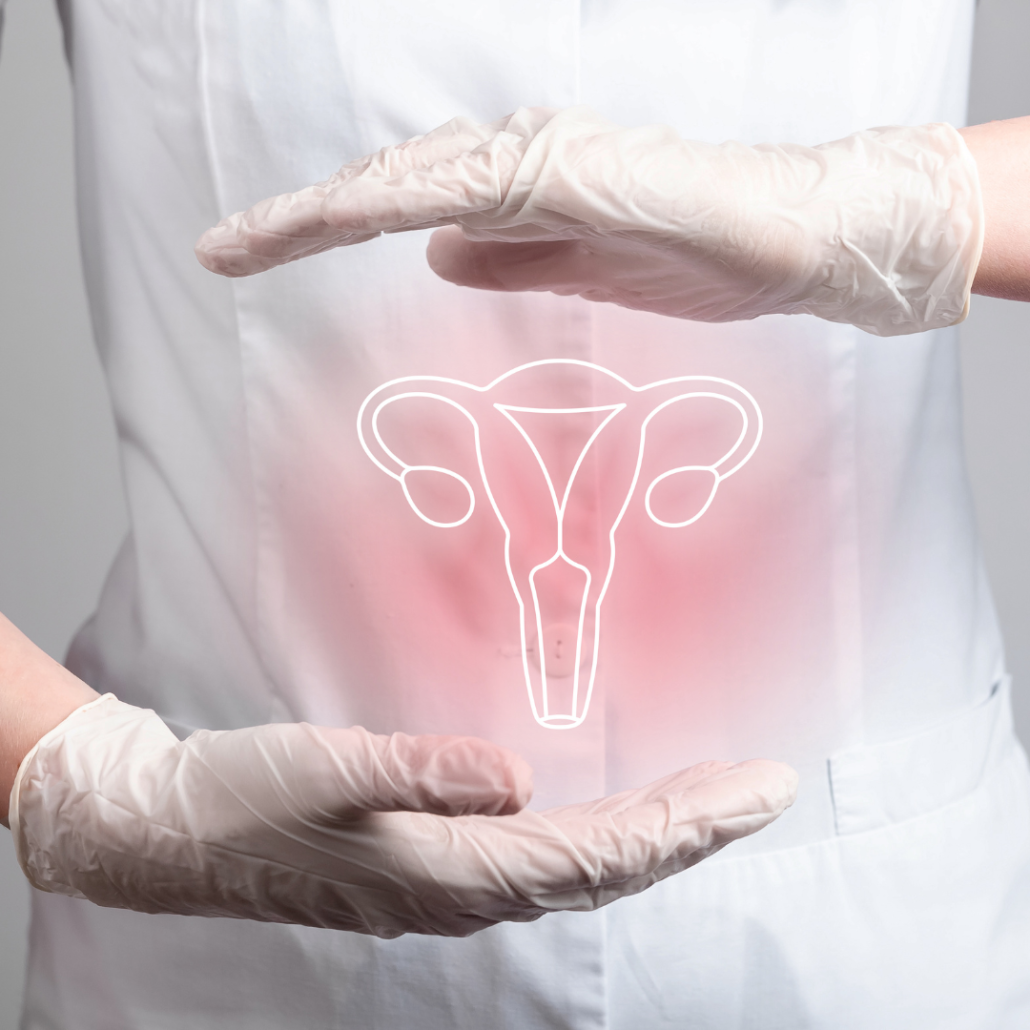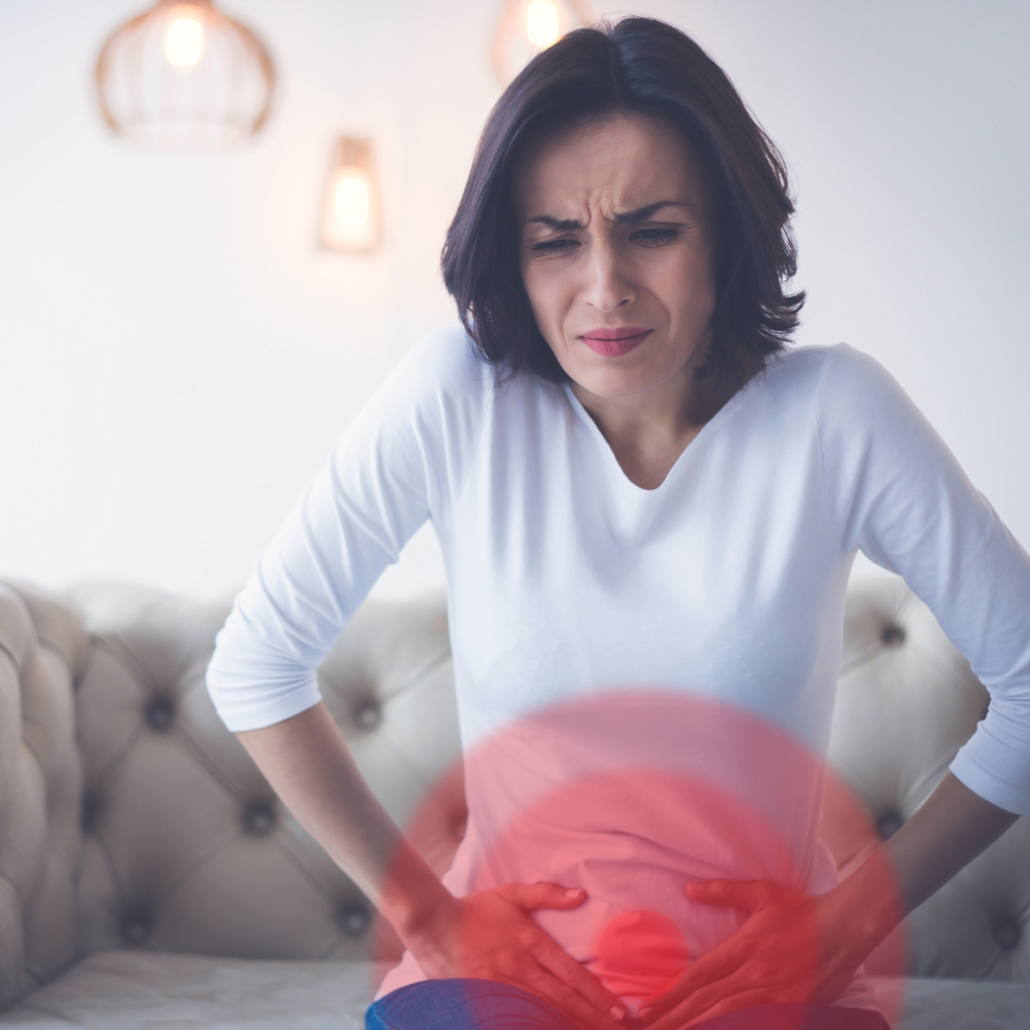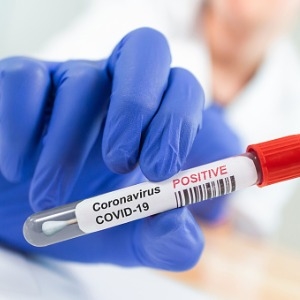What Is Endometriosis?
Endometriosis is a chronic condition in which tissue similar to the lining of the uterus (endometrium) grows outside of the uterus. This tissue can grow in other places in the body, such as the ovaries, fallopian tubes, bowel, bladder, and even the lungs.
Endometriosis is a common condition, affecting up to 1 in 10 women of reproductive age. It can cause a variety of symptoms, including:
- Painful periods
- Uncomfortable sex
- Painful bowel movements
- Fatigue
- Infertility

The exact cause of this condition is unknown, but it is thought to be caused by a combination of genetic and environmental factors. There is no cure for this condition, but there are treatments that can help to relieve symptoms and improve quality of life.
Symptoms of endometriosis
The symptoms of endometriosis can vary from woman to woman, and the severity of the symptoms can also vary. Some women may have only mild symptoms, while others may have severe symptoms that significantly impact their quality of life.
The most common symptoms include:
- Painful periods: This is the most common symptom of endometriosis. The pain can be sharp, dull, or cramping, and it can range from mild to severe. The pain often starts before or during a period and can last for several days after a period.
- Uncomfortable sex: Uncomfortable sex is another common symptom of this condition. The pain can be felt in the pelvis, vagina, or rectum.
- Hurtful bowel movements: Excruciatingly painful bowel movements can also be a symptom of endometriosis. The pain is often felt in the lower abdomen or rectum.
- Fatigue: Fatigue is a common symptom of this condition. It is often caused by the pain and stress of the condition.
- Infertility: This medical condition can also cause infertility. This is because the scar tissue that can form around endometriosis lesions can damage the fallopian tubes or ovaries.

Diagnosing endometriosis
There is no single test that can definitively diagnose this condition in women. However, there are a number of tests that one can take to help make a diagnosis, including:
- Pelvic exam: A pelvic exam can help to identify any abnormalities in the pelvic area, such as nodules or cysts.
- Laparoscopy: Laparoscopy is a minimally invasive surgery that allows the doctor to see inside the abdomen and pelvis. This is the most accurate way to diagnose endometriosis.
- Blood tests: Blood tests are usually handy to rule out other conditions that may be causing the symptoms.
Treatment
There is no cure for endometriosis, but there are a number of treatments that can help to relieve symptoms and improve quality of life. The type of treatment that is best for you will depend on the severity of your symptoms and your overall health.
Some of the treatment options for endometriosis include:
- Pain medication: Pain medication can help to relieve the pain associated with endometriosis.
- Hormonal therapy: Hormonal therapy can help to suppress the growth of endometrial tissue.
- Surgery: Surgery can be used to remove endometriosis lesions and scar tissue.

Living with endometriosis
Endometriosis can be a challenging condition to live with, but there are a number of things that you can do to manage your symptoms and improve your quality of life. Some tips for living with endometriosis include:
- Find a supportive doctor: It is important to find a doctor who understands endometriosis and who can help you to develop a treatment plan that is right for you.
- Stay informed: There is a lot of information available about endometriosis online and in books. Staying informed about the condition can help you to feel more in control.
- Talk to your loved ones: It is important to talk to your loved ones about your condition. They can offer support and understanding.
- Take care of yourself: Make sure to get enough sleep, eat a healthy diet, and exercise regularly. Taking care of yourself will help you to feel better physically and emotionally.
Thus,
Endometriosis is a chronic condition that can cause a variety of symptoms. However, there are a number of treatments that can help to relieve symptoms and improve quality of life. If you think you may have endometriosis, it is important to see a doctor to get a diagnosis and discuss treatment options.







